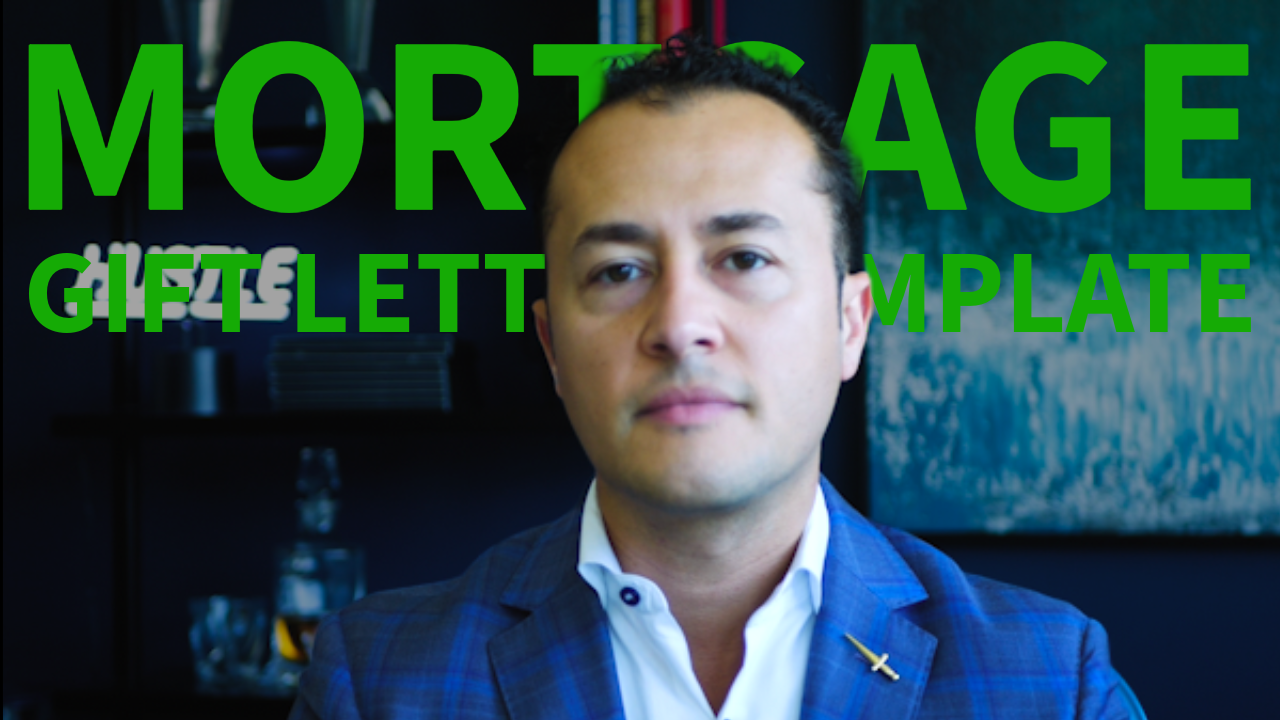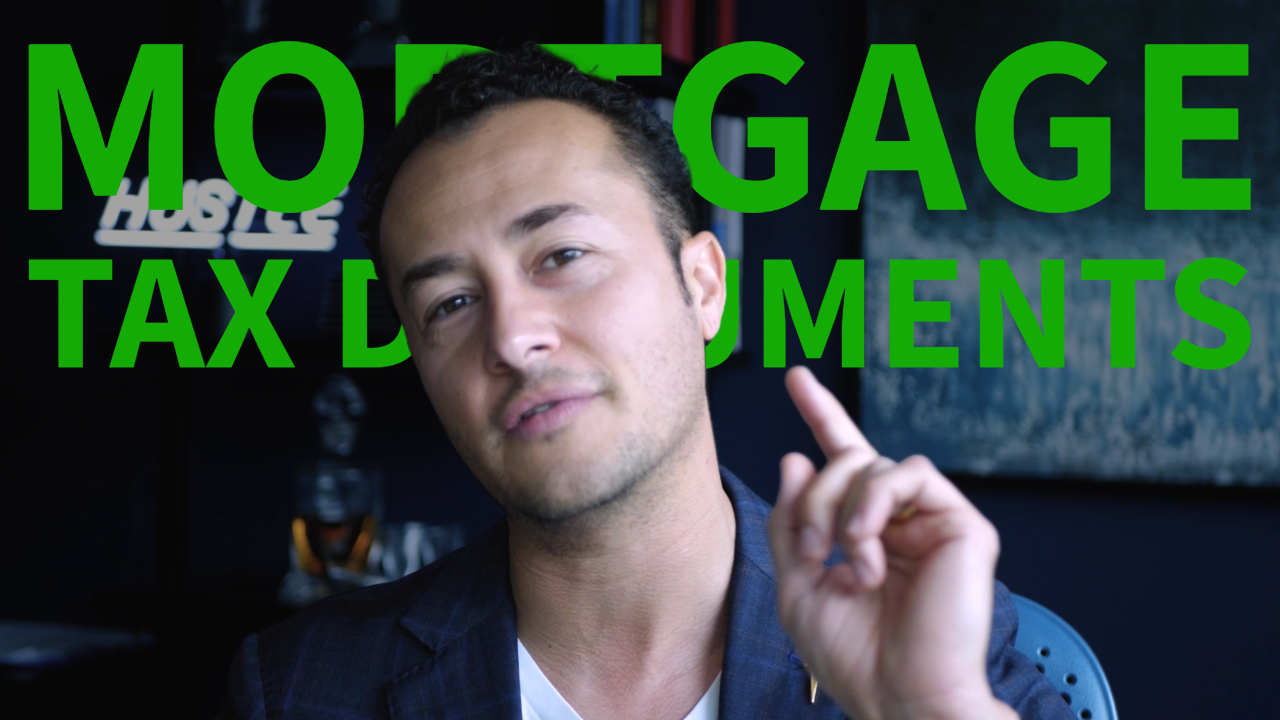Preface
To have the easiest and best experience obtaining a home loan follow the next 3 steps. Firstly use a mortgage professional that was recommended to you by your Realtor or by a trusted friend, co-worker, or family member that has used the mortgage professional recently and had a great experience with that professional. If you do not have a recommendation then you can search for a loan officer by their industry experience by going to https://nmlsconsumeraccess.org/. The longer the mortgage professional has been in the business the more likely they are to provide a positive experience for you. Secondly, be honest. nobody knows your personal financial situation more than you. Volunteer information that you may feel will disqualify you for a home loan. That is correct! Why would you do that? The entire mortgage process is designed to uncover those reasons. You are only hurting yourself by not informing your mortgage professional upfront. The mortgage professionals job is to provide solutions for those issues and help execute your plan. Trust is a big part of the process and relationship with your mortgage professional. Lastly, there is a lack of communication during the mortgage process. That is the reason for this article. A great mortgage professional will answer all your questions and anticipate your needs. They will address the questions and inform you of the process before it happens. However, that is when you have a great mortgage professional. Due to the lack of communication I suggest that you call or text your mortgage professional once a week once you are under contract to ensure that you are doing your part to keep the processing moving fast and smoothly. A typical contract is 30 days so that is 4 times you will need to follow up to ensure you will have a great experience obtaining a home loan.
Pre Qualification
First step is to see if you meet the minimum standards to obtain a home loan. The difference between pre qualification and pre approval is when you are pre qualified your file has only been reviewed by a loan officer. There are two more stages of due diligence that you have to go through in order to be pre-approved. Pre qualified is a decision made on the best information provided at the time of application. Pre approved is when the income, assets, credit, identity, and personal financial history has been completely verified. Which leads to the final decision maker called the underwriter issuing an approval on your loan. Pre Approval typically happens when you have a contract to purchase a new home. Very few mortgage companies will send your file to underwriting without a contract to purchase a home as it requires a lot of time and human resources and expense to a mortgage company to work on a file that may not turn into a loan. There are 3 items to review for pre qualification.
Income:
Mortgage companies will look for your two year work history. Where have you worked for two years. Work history is defined by a college education or employment with a company. For example if you graduated high school recently and started a new job you have been on for 6 months then you technically have 6 months of work history. If you worked while in high school for a year and a half then graduated from high school and purchased a home 6 months later you would have 1 year 6 months plus 6 months for a total of 2 years. If you graduated from a 4 year university then immediately try to purchase a home after you started a new job then you would be okay. You have 4 years of job history from university and with a new job can purchase immediately. How are you compensated your job? Is it hourly, salary, do you have over time commission, or are you self employed? Is the income consistent over the past two years? Is it retirement income? The biggest concerns with your income are consistency over a two year period, likely hood to continue for 3 or more years, and sufficient documentation to prove all of this. If you have changed from one job to another that is most likely okay, the question is did it affect how you were compensated? For example going from a salaried position to a 100% commissioned position would be an issue because you do not have a 2 year history of being 100% commissioned. I hope this is starting to make sense. If you state you make $20,000 per month and own your own business but what you report to the IRS is $5,000 per month then your income is $5,000 per month. Mortgage companies are allowed to use the income that you report and pay federal income taxes on. So if you have revenue on a business of $2,000,000 but after all your business expenses net $100,000 then the useable income is $100,000. You save on federal tax liability but it limits your borrowing power with the mortgage company.
Credit:
Each mortgage company has a minimum required credit score for a home loan. Scores can be as low as a 580 for a Federal Housing Administration (FHA) Loan, Veteran’s Administration (VA) Loan, or a United States Department of Agriculture (USDA) Loan. For a conventional loan it is typically a 620. Outside of the score itself, mortgage companies are looking for the following: credit history or how long you have had credit cards, car payments, student loans, or other installment loans open and active. Less than a full year of credit history is considered limited credit history. There are loan programs for consumers with limited or zero credit history so do not worry. Also mortgage companies are looking for disputed accounts. This is a negative credit mark that you filed a formal disagreement with in form of a dispute. A dispute removes the negative credit mark from your credit score and artificially increases the credit score. So typically it has to be removed in order to proceed with the mortgage process. Lastly, the mortgage company will check for major derogatory items. A major derogatory item is a bankruptcy, federal tax lien, judgement, foreclosure, or a short sale. These either need to be paid for, explained, or there is a waiting period from the time the event occurred before you can obtain a home loan. There is always a solution hang in there. Keep going and follow the advice you are given by the mortgage professional.
Assets
I like to rephrase this to ability to make a down payment. You can get the down payment for a home loan from multiple sources. Some include your own personal checking, savings, retirement accounts, 401k, gift from a family member, down payment assistance program, a loan secured by an asset such as a loan against a car that you own free and clear or a loan against a life insurance policy. You can also sell an asset to use the proceeds for the down payment. You have to prove you owned it and sold it to properly source the cash. For example you own a painting. Show a picture of a the painting, professional appraisal, and a receipt from the sale and document to the penny the money you received and the money you deposit. The are organizations called bond programs or down payment assistance programs that can help you with your down payment as well. A few things about down payments. You will get a better offer if you are able to come up with your own minimum down payment. You cannot borrow a down payment from a credit card or an individual. Cash is typically an issue. Cash you have in your safe or under your bed. The bank is lending you their money. It is their right to assess the risk of a borrower. If you do not have your own money to buy a home it makes your loan more risky and will undergo more scrutiny.
Processing:
Once you have turned in all of your income, asset, and credit documentation to your loan officer they will send the file to the processing staff. A processors job is to check the work of your loan officer or mortgage professional. This is the second line of due diligence. The processing staff will verify your employment with your employer or online resource, they will double check your W2s and Tax Returns with the IRS, they will verify your identity, review your bank statements and look for insufficient funds transactions or large cash deposits. They will re-calculate your income and verify that it matches all the documents. The processor typically communicates directly with you. It is there job to ask all the questions and to verify all documents. this can be frustrating as you have already told the loan officer or mortgage professional that started your application. However, the system is designed in such a way that there is limited to no bias. So there are some things that a processor will verify or document without the help of the loan officer. It is faster and easier for the processor to communicate directly with you to understand your personal financial situation clearly. There are also things that your loan officer or mortgage professional would miss and the processor is the first to address the situation. This is normal and part of the process. Let’s assume the file is all done with processing and things all check out.
Underwriting:
This is the big finale! This is what you hold your breath for. Once the processor has all the documents verified they send your file to underwriting. This is a formal process and the file goes into an electronic queue based system. Files are reviewed and approved by a first in first out system. Depending on how the company performs, and how busy they are determine how fast you will get your loan approval. The underwriter has specialty training to access risk of a loan and make sure that the file meets all the guidelines for a specific loan product. To give you an idea of how daunting of a task this is, one loan product can have over 400 pages of guidelines. Also, keep in mind that every job is done by a human so please leave room for error or correction. Sometimes things are not perfect the first time around and you need to revisit a few pieces of documentation. Overall, the underwriter takes up small amount of time of the process but has a huge impact. It takes about 1 hour to review and approve a file but can take 48 - 72 hours for the underwriter to have the file be next in their underwriting queue. After the loan is approved then the processor and loan officer get together to review the loan approval. They will decide what is missing then contact you, the consumer, and ask for your help to satisfy those conditions if there are any conditions at all. Remember, the faster you respond and the more compliant you are the easier this will be. A lot of issues arise because of the conflict between what the consumer is willing to do or provide and what the mortgage bank is requesting. Give in and provide the documents they request no matter how insane the request may seem. In the end all that matters is that you get your loan as easy as possible.
Common criticisms of the underwriting process. My personal favorite “I have enough money to pay cash.” We would be happy to let you do that and move on to the next consumer who wants to borrow from our institution. The underwriter is dumb or doesn’t understand. You are right, that’s why we are asking for more information. To make sense of your complicated financial situation. If it were easy we would not ask for more information. It takes too long…. It is the most important part of the process and we need to take time to make a good decision on lending hundreds of thousands of dollars. Most of us cannot imagine lending somebody $50,000 let alone $500,000 for the average home in 2020. In the end, we all have one goal, to get the home financed and keep on moving on. Keep that in mind when working with others.
Closing:
All done with underwriting! Yes, you did it. It is all down here from this point, or is it? Well let’s make sure that what we promised you for closing costs and down payment is in fact what it should be. Closing is all about comparing what the lender initially promised you, to what is actually going to happen on the day of closing. Otherwise, if the numbers did not look good or make sense at time of application, would you have signed it or decided to purchase the property? Of course not, you would have walked away. So, at closing all you expect to see is what is promised or something a little better. Work with a lender that will guarantee their figures. Common mistakes made by a financial institution that they are not held legally accountable for are home owner’s association dues, property taxes, home owner’s insurance, or any government charges due at closing.
Closing is also a celebration. You will go to a title company or attorney’s office and sign all the formal and final loan documents including the Note (your promise to repay the debt), Deed of Trust (secures the property you are buying to the loan you are taking out) and the final Closing Disclosure (all the fees reconciled on one pretty page). If you are married expect your spouse to attend closing and sign loan documents even if they are not on the loan itself. If you cannot attend closing you can sign a power of attorney that designates somebody to sign on your behalf.
This is also a time of mourning! Yes, it is very sad that you have to pay for the house at this time. This is where you wire or bring a cashier’s check to closing for the down payment and closing costs and empty your bank account to buy a home. Bye bye large balance in my bank account. See you again sometime.
Funding:
After you sign, you do not immediately run away with house keys. The seller has to sign as well if they have not signed already. In addition, the settlement company/title company/attorney has to send all the final signed documents to the lender to take a quick peak at what has been signed. Believe it or not, once those documents are signed the buyer receives the keys to their new home, they are not very responsive to the lender. Especially if the consumer feels that they have not had the best experience. To prevent this from happening and to prevent requesting more documents after closing the lender reviews all the documents that have been signed first. Then they issue a funding number which is a pass code that allows the title company to give everybody their money and “fund” the loan.
Keys:
You then can get your keys from your agent, the title company, or at the new home as it may be on a lock box. The key here (see what I did there) is to ask your realtor how you will receive your keys. One way or another they will get them to you.
There are so many more details but this is an overview of how the process will go. Hang in there! You can do it! It is worth the effort.









